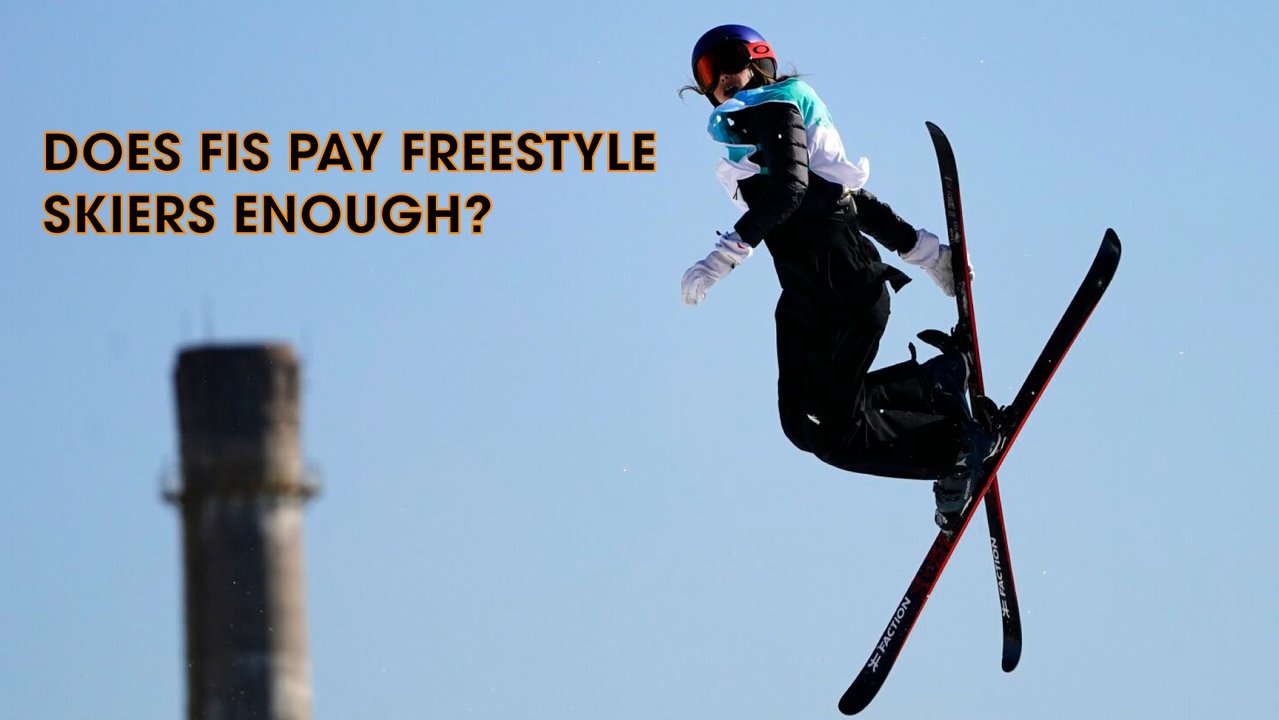FIS, the International Ski Federation, has often found itself at the centre of controversies, drawing the ire of skiers, both athletes and fans alike. With freestyle skiing being a subjective sport, disputes and debates surrounding FIS are no strangers to the world of judged freestyle skiing.
The latest outcry comes from none other than Alex Hall, the Olympic Champion and star of the renowned Magma film, celebrated freestyle wizard. Taking to Instagram, Hall unveiled his frustrations with what he perceives as a glaring discrepancy between the prize purses of freestyle and alpine skiing disciplines.
Hall boldly claimed that freestyle skiing receives the smallest share of the prize money pie compared to any other FIS discipline. He pointed out that the combined prize money for all freestyle events in the 2022-2023 season, including slopestyle, big air, and halfpipe, amounted to a meagre $605,000. In stark contrast, the alpine disciplines raked in nearly $12 million across their various events. The difference is staggering, with alpine skiing boasting prize money twenty times greater than that of freestyle skiing.
Nevertheless, it is important to note that these numbers only provide a glimpse of the situation. To truly gauge the extent of the disparity in prize money across ski disciplines, a more comprehensive analysis of the allocation per event is necessary. However, even this initial illustration sheds light on the frustrations felt by freestyle athletes who perceive a lack of financial recognition for their efforts.
Further to this, freestyle skiing has other opportunities to compete and earn that may not be offered to those in alpine skiing in the same way, such as Dew Tour or X Games. Furthermore, in many sports that receive less mainstream attention, it is not uncommon for athletes to derive a substantial portion of their income from endorsements and sponsorships, surpassing the prize money earned through competitions. One might recall the "golden era" of freestyle skiing, when energy drink and goggle sponsors reigned supreme, providing financial stability to athletes beyond the podium and those exploring other avenues of the sport such as filming.
While Alex Hall threw some shade at FIS, expressing his discontent, he also made it clear that his love for the sport remains unwavering. As a freestyle prodigy, his commitment to pushing boundaries and executing jaw-dropping stunts comes as no surprise. Nonetheless, his remarks have sparked a larger conversation about the distribution of prize money between alpine and freestyle skiing disciplines.
Should there be a discussion about the striking disparity in prize money between the two ski disciplines? This question resonates with the broader issue of recognizing and rewarding the incredible skill, artistry, and dedication displayed by freestyle skiers. As the debate unfolds, athletes, fans, and industry stakeholders will undoubtedly continue to voice their opinions, with the hope of fostering a fairer and more equitable future for freestyle skiing.


Comments